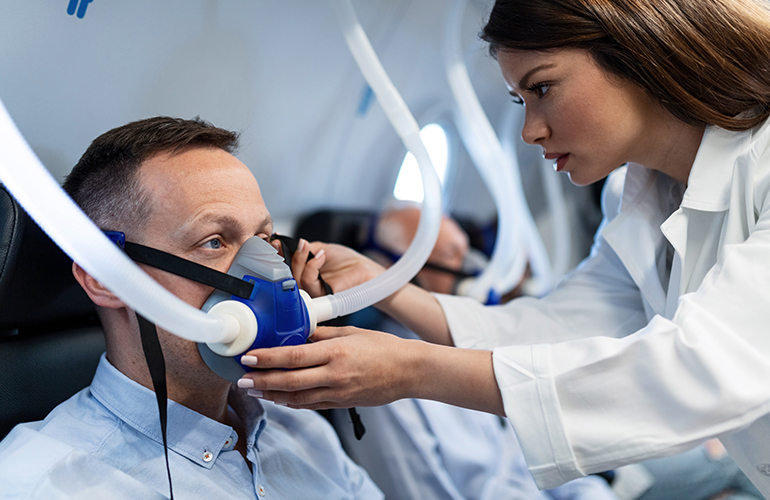Clinical trials are a crucial component of medical research and development, designed to evaluate the safety and effectiveness of new treatments, drugs, or medical devices. Understanding the basics of clinical trials can help you make informed decisions if you’re considering participation or simply want to learn more about how new medical advancements are tested.
What Are Clinical Trials?
Clinical trials are research studies conducted with human participants to test new medical interventions. These studies follow a structured plan, or protocol, which outlines the trial’s purpose, design, and methods. Clinical trials can be used to test a wide range of interventions, including new drugs, medical devices, procedures, or changes in lifestyle and behavior.
Phases of Clinical Trials
Clinical trials are typically divided into four phases, each with distinct goals and objectives:
- Phase 1: This initial phase focuses on evaluating the safety of a new intervention. A small group of healthy volunteers or patients receives the treatment to identify any potential side effects and determine the appropriate dosage.
- Phase 2: During this phase, the intervention is tested on a larger group of participants to assess its effectiveness and further evaluate its safety. Researchers look for signs that the treatment works and monitor for any adverse effects.
- Phase 3: In this phase, the treatment is tested in a much larger group of people, often across multiple locations. The goal is to confirm the treatment’s effectiveness, monitor side effects, and compare it to existing standard treatments.
- Phase 4: After the treatment is approved and available to the public, Phase 4 trials continue to monitor its long-term effects and overall effectiveness in the general population. This phase provides additional information on how the treatment performs outside of the controlled clinical trial environment.
Why Are Clinical Trials Important?
Clinical trials play a vital role in advancing medical knowledge and improving patient care. They help identify new and potentially better ways to treat diseases, manage symptoms, and improve quality of life. By participating in clinical trials, you contribute to the development of new treatments that could benefit others in the future. Additionally, clinical trials often provide participants with access to cutting-edge therapies that are not yet widely available.
What to Consider Before Joining a Clinical Trial
Before deciding to participate in a clinical trial, it’s important to understand the study’s purpose, procedures, potential risks, and benefits. Review the trial’s protocol and ask questions about what participation will involve. The research team at The Bryce Clinical Hub is here to provide detailed information and support, ensuring you have a clear understanding of what to expect and how the trial might impact your health.
In summary, clinical trials are a critical step in bringing new medical innovations to the public. They involve careful planning and rigorous testing to ensure that new treatments are both effective and safe. If you’re considering participating in a clinical trial, understanding these basics can help you make an informed choice and contribute to the advancement of medical science.

